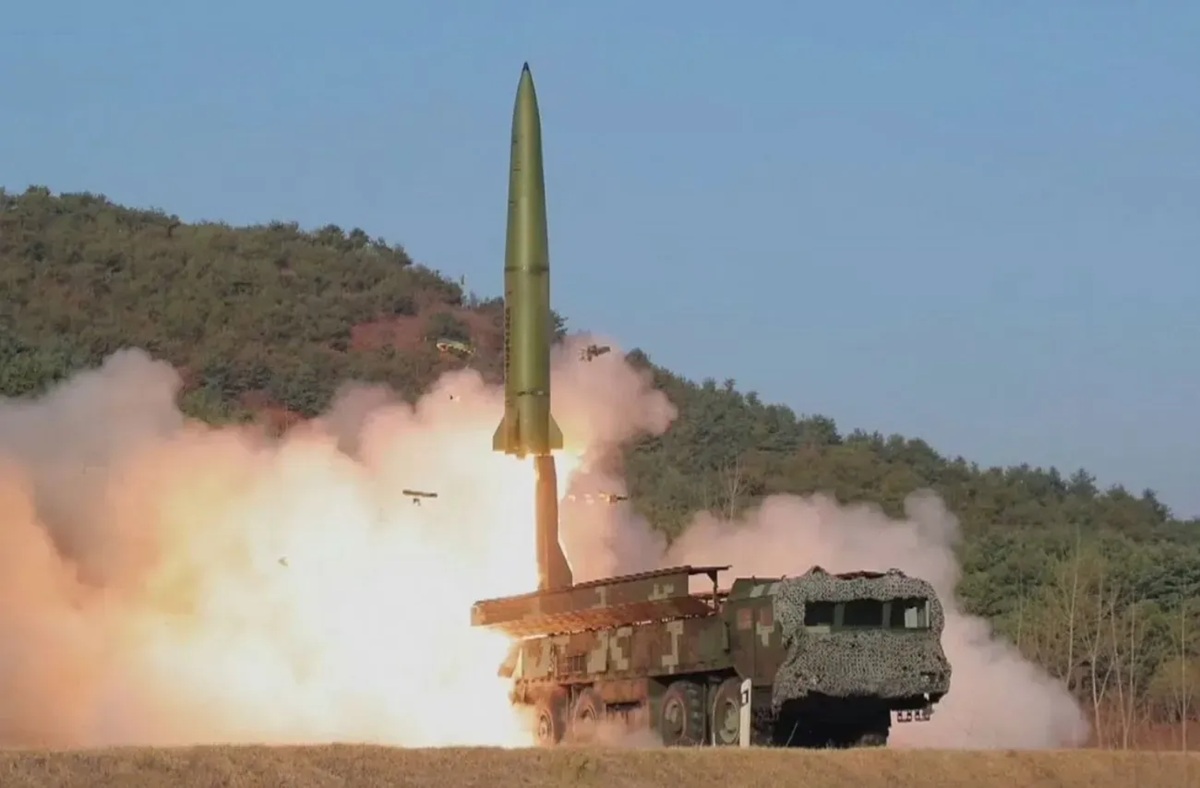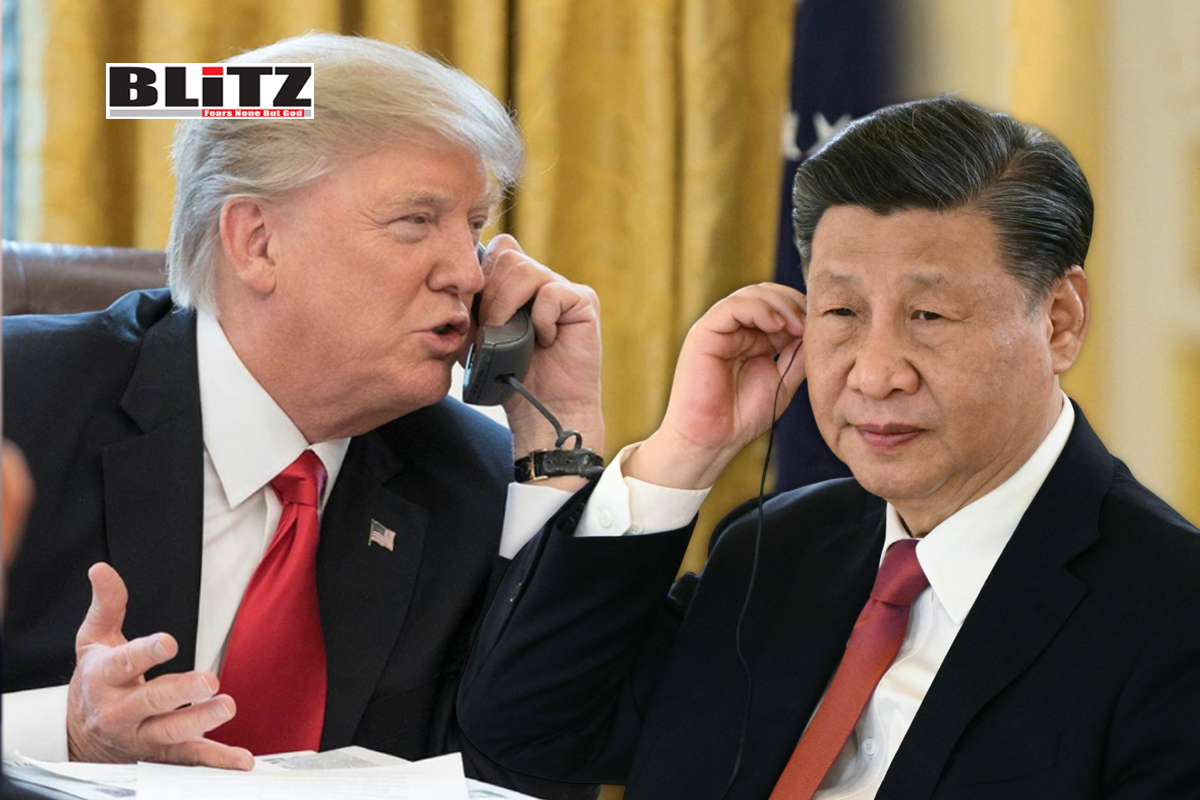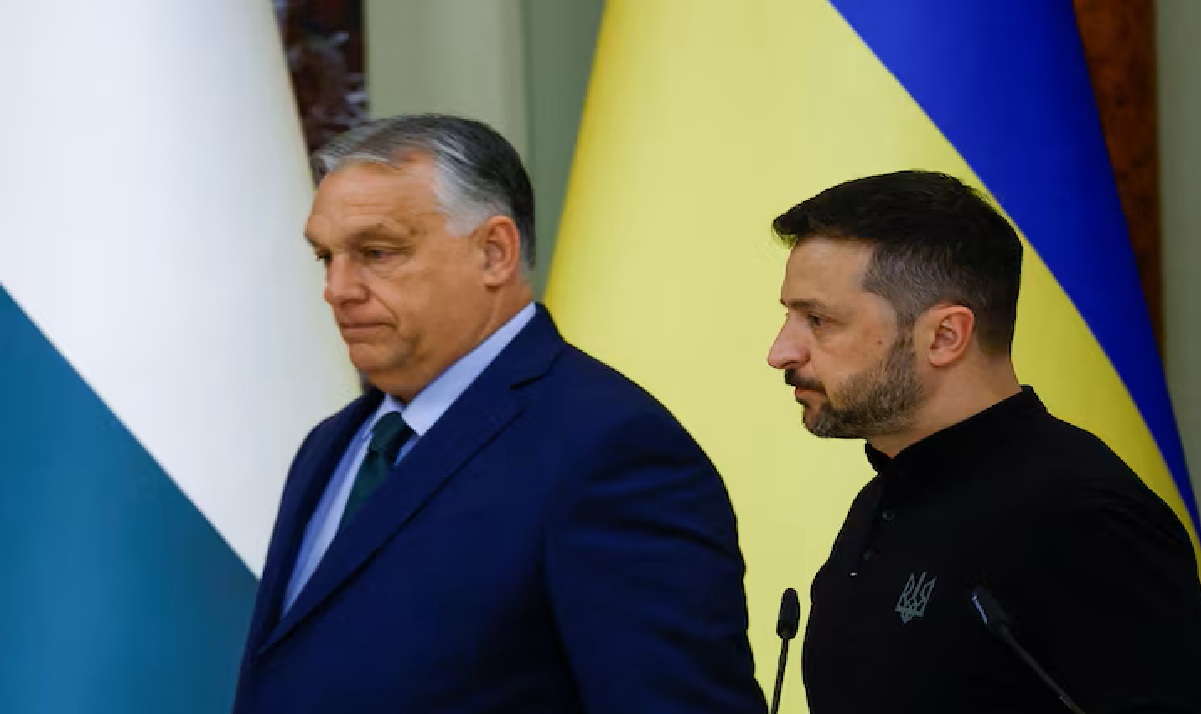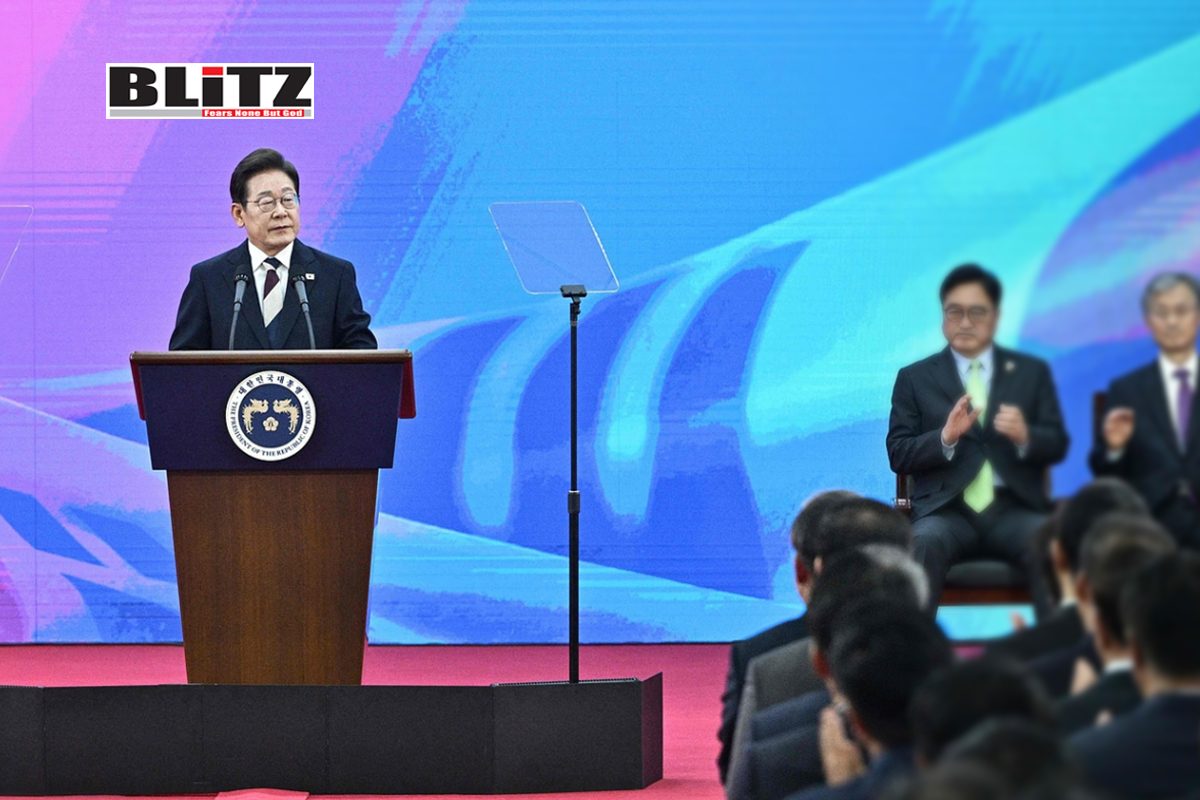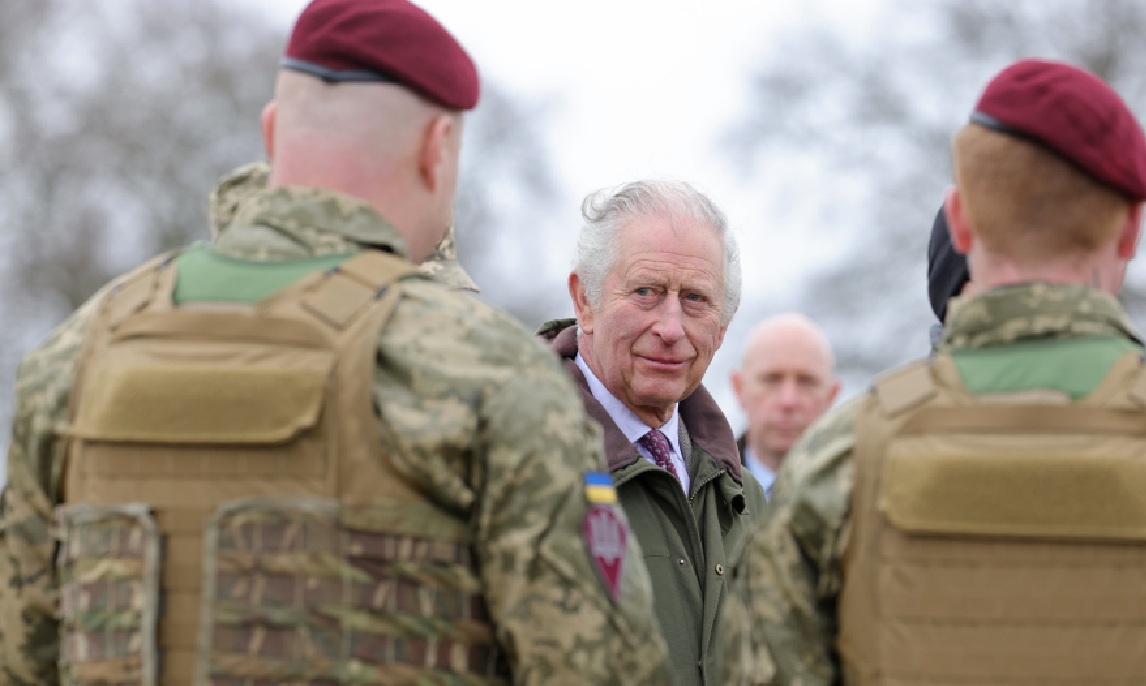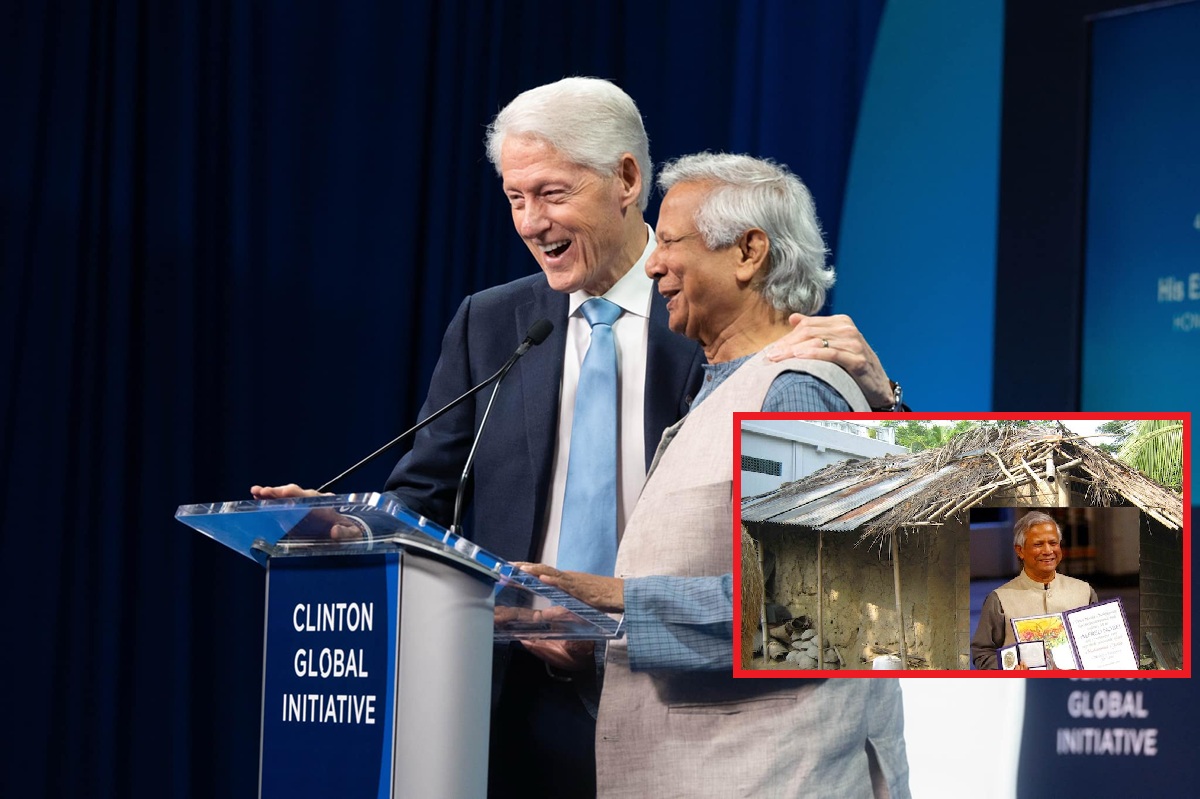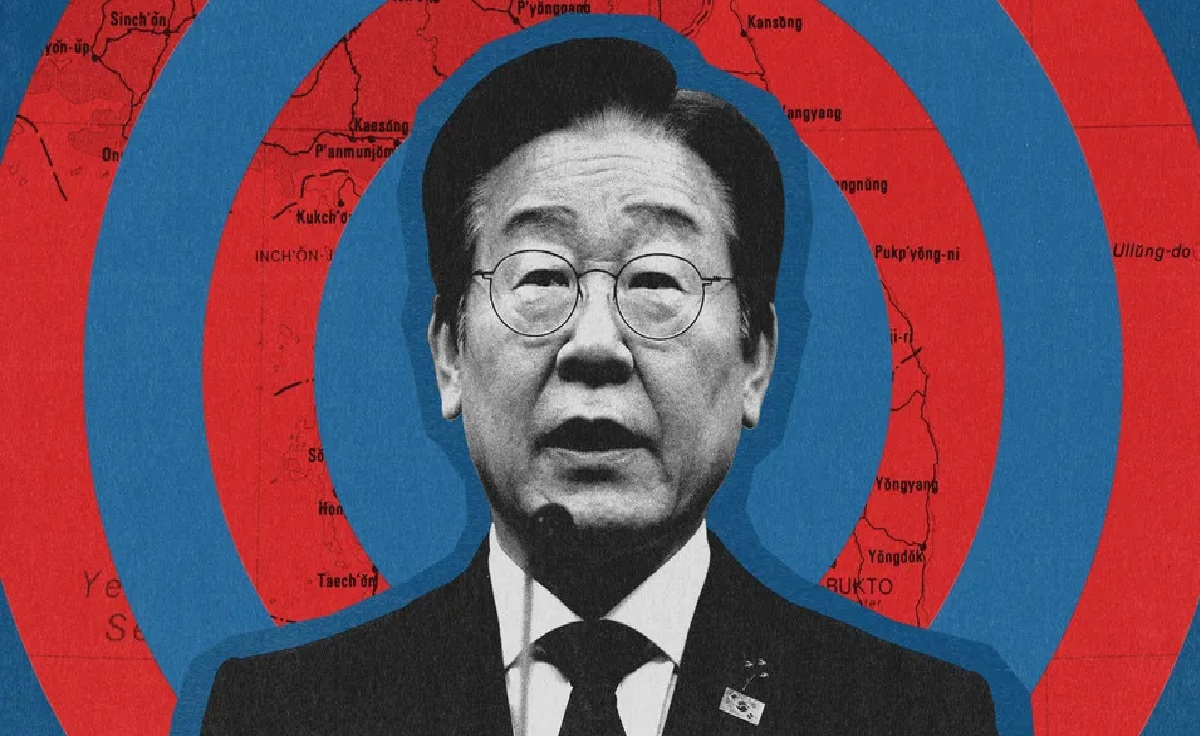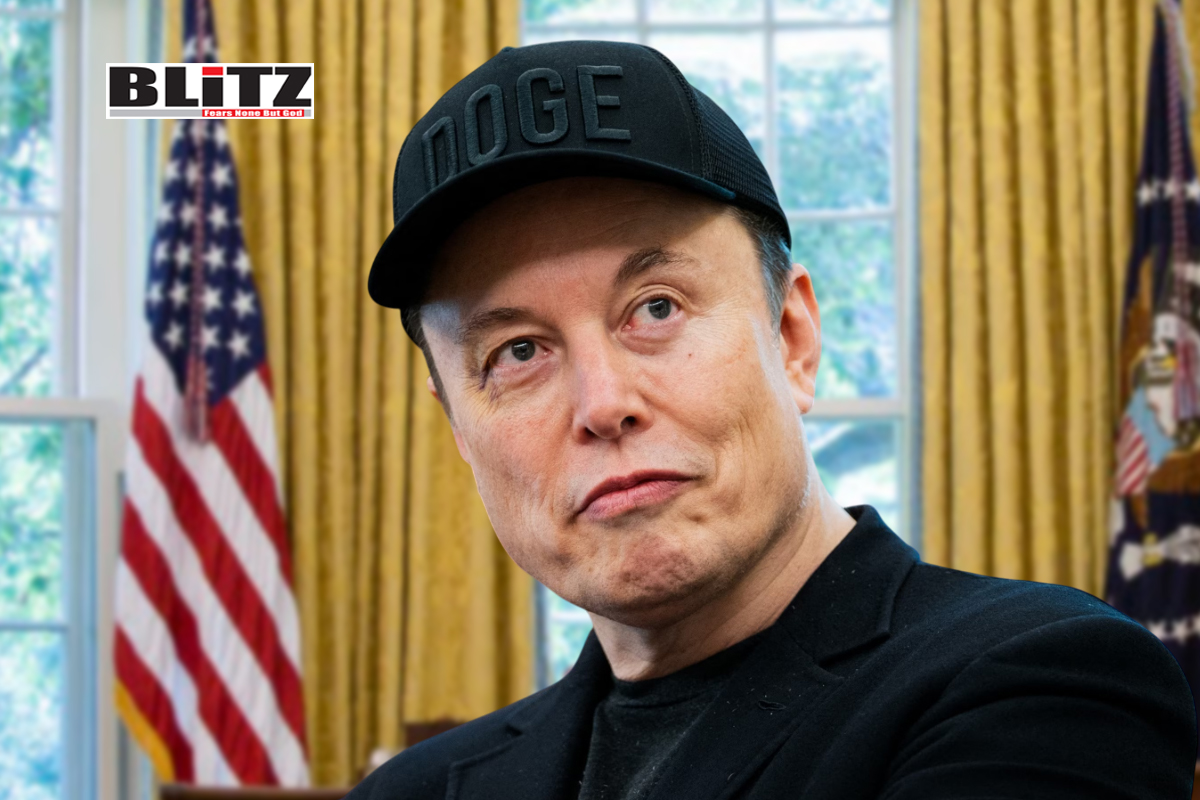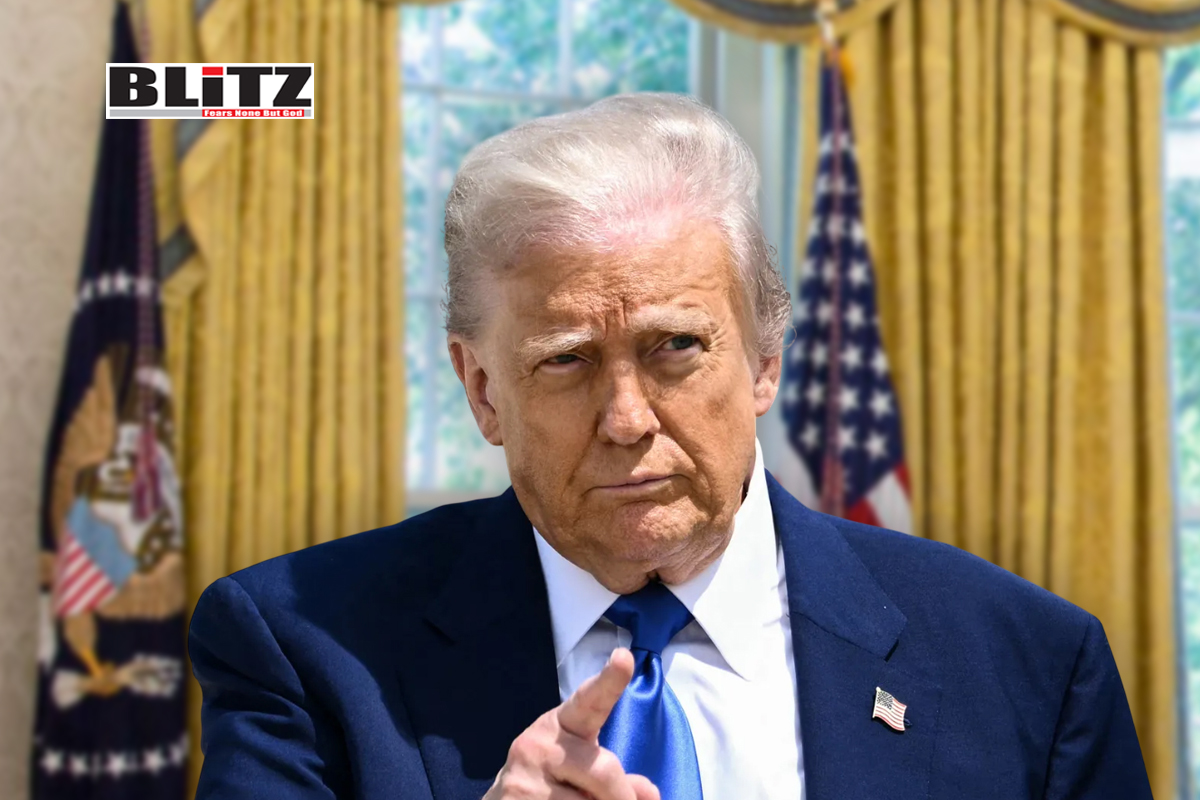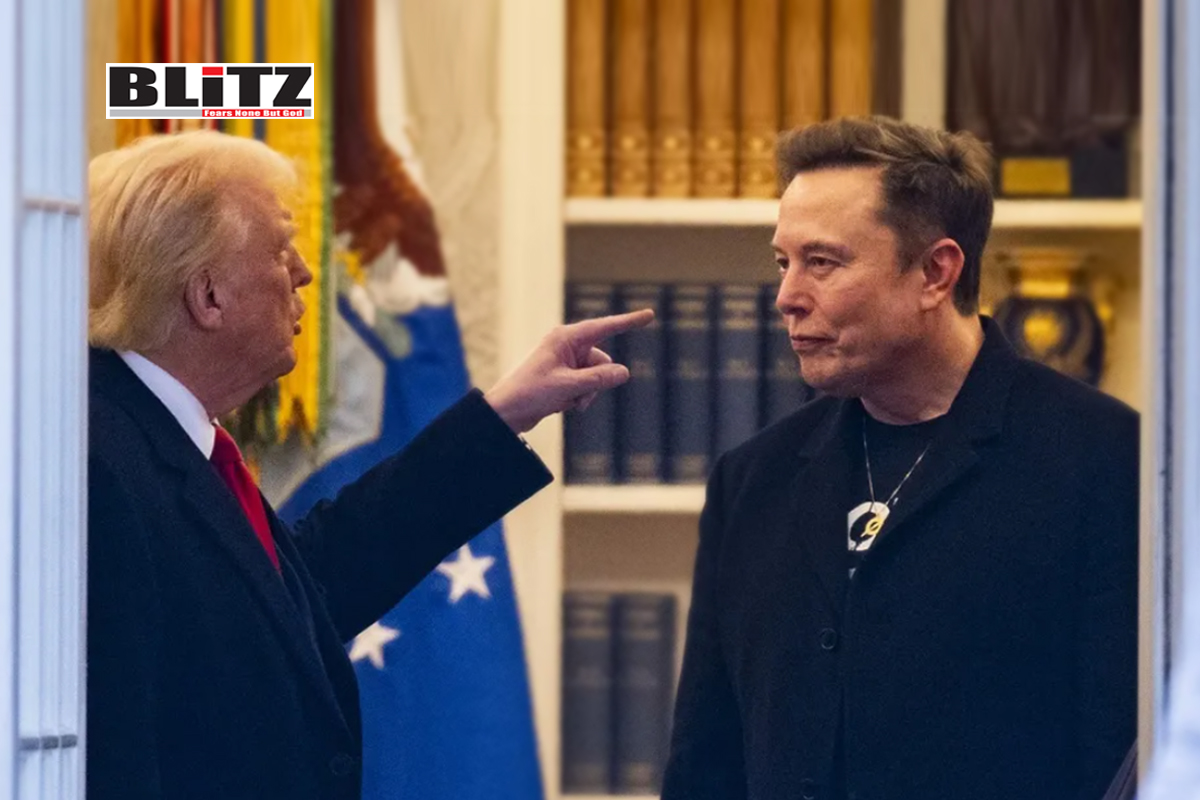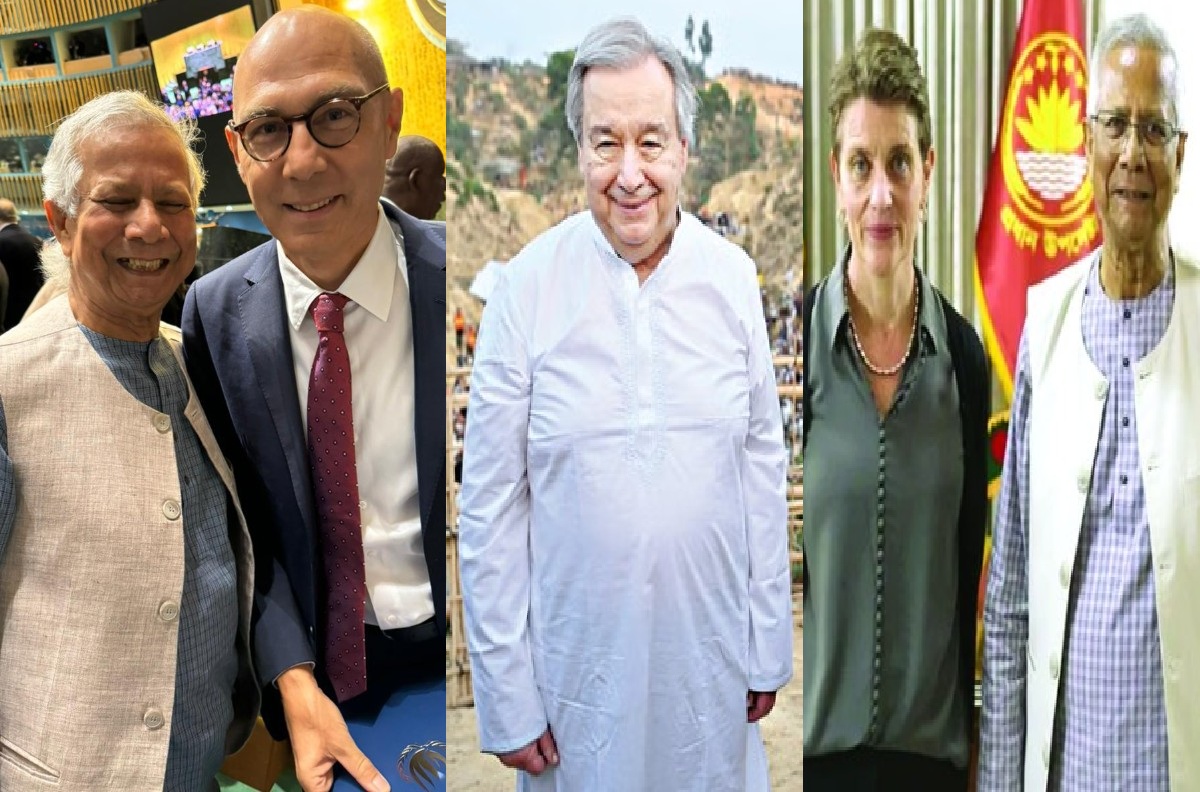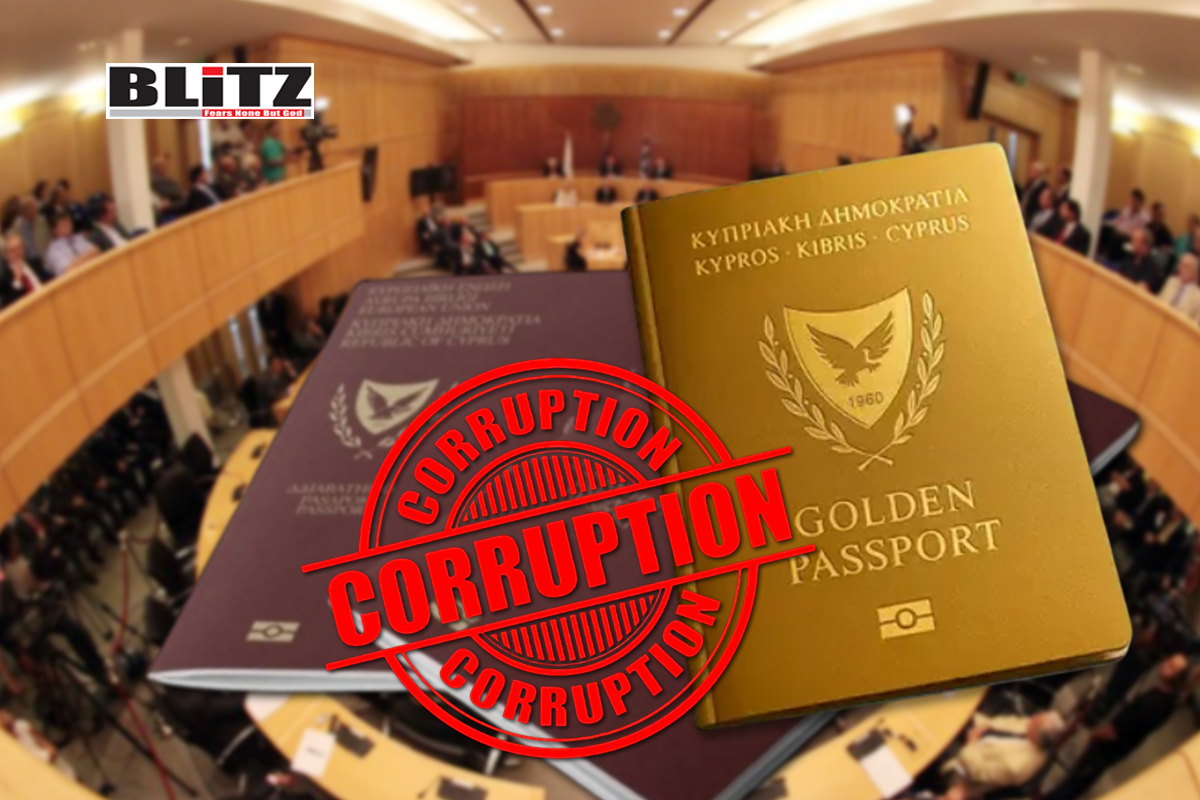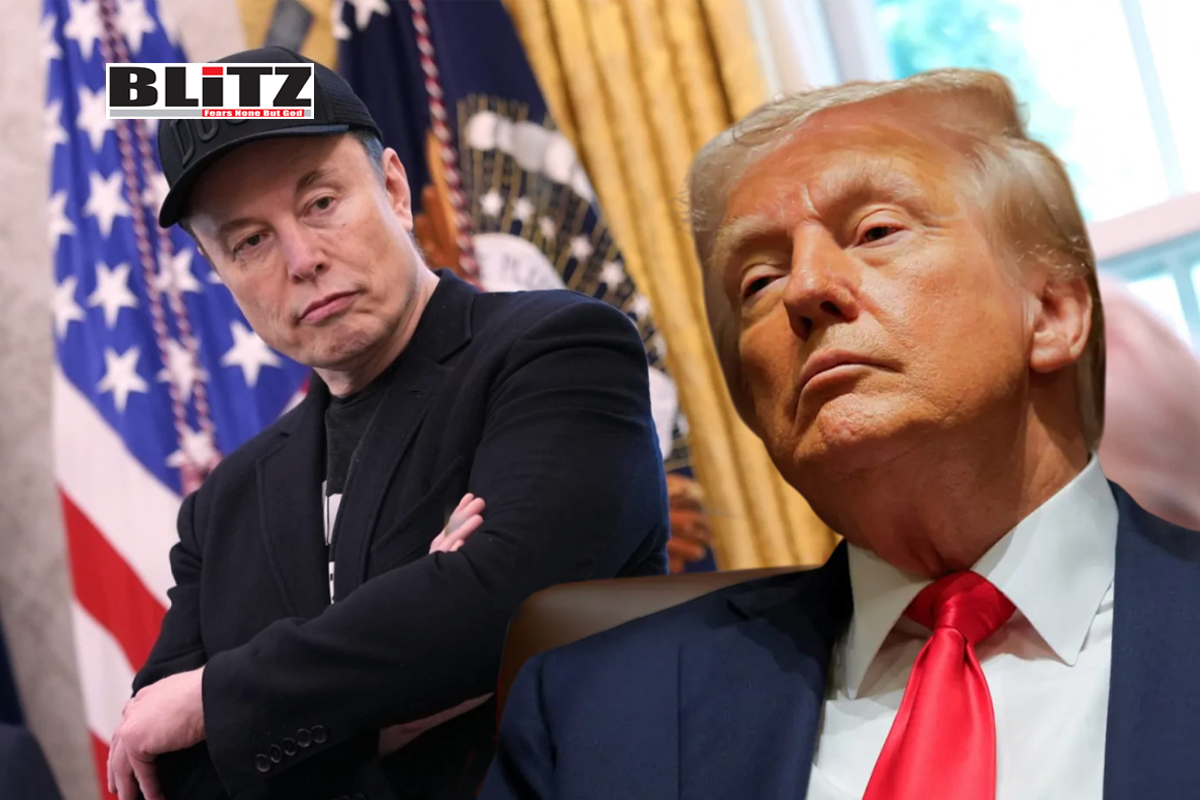Moscow accuses Western Europe of sabotaging Ukraine peace talks
- Update Time : Sunday, June 8, 2025
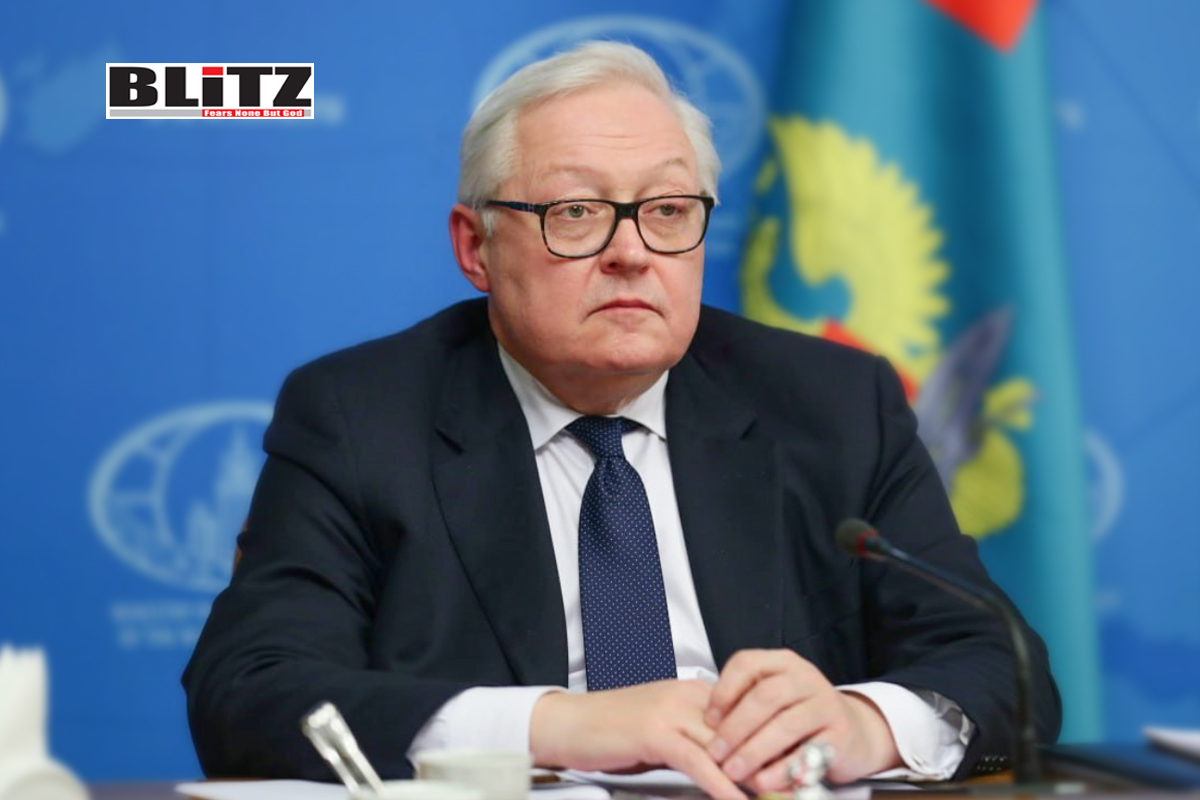
In a sharp escalation of rhetoric, Russian Deputy Foreign Minister Sergey Ryabkov has accused Western European nations of deliberately obstructing efforts to bring peace to Ukraine. Speaking in an interview with Russian state news agency TASS, Ryabkov claimed that European Union member states-under the influence of NATO and Washington’s foreign policy establishment-are actively undermining the tentative steps toward a negotiated resolution between Moscow and Kiev.
The remarks follow the first direct high-level talks between Russia and Ukraine in over three years, held in May under apparent pressure from US President Donald Trump. According to Ryabkov, these talks led to a significant breakthrough, including a landmark 1,000-for-1,000 prisoner exchange and the submission of mutual ceasefire proposals. While hailed by Moscow as a step in the right direction, Russian officials now argue that Western European leaders are working behind the scenes to derail the fragile diplomatic process.
Ryabkov emphasized that several EU states have played an “explicitly destructive role” by pushing Kiev to maintain hostilities rather than pursue meaningful diplomacy. He accused them of providing not only a continuous flow of weapons and military aid but also of engaging in “acts of sabotage and provocation” that threaten to reignite the conflict at a larger scale.
In his comments, Ryabkov pointed to last week’s coordinated Ukrainian drone strikes on Russian air bases and the destruction of key railway infrastructure in border regions. The attacks reportedly killed at least seven civilians and injured more than 120 others, including children. Moscow swiftly labeled the operations as acts of terrorism, arguing that they were calculated attempts to derail the budding dialogue between the two countries.
“These are not isolated incidents. They are part of a broader campaign of militarized disruption, backed by Western intelligence,” Ryabkov stated. “There is an effort underway, coordinated in part through NATO, to render negotiations with Kiev politically unviable.”
The allegations come amid a broader transformation in European security policy. According to Kremlin officials, recent moves by European capitals reveal an increasing commitment to militarization. Ryabkov singled out Germany for special criticism, referencing Chancellor Friedrich Merz’s visit to Washington where he urged the US to reassert a stronger position against Moscow.
Merz recently lifted longstanding restrictions on the re-export of German-manufactured weaponry to Ukraine, a policy reversal that Ryabkov claimed directly contradicts any serious attempt to reach a political settlement.
“By aligning itself entirely with the war objectives of Kiev, Berlin is making itself complicit in prolonging this conflict,” Ryabkov charged. “We are no longer talking about passive support. This is active participation in a hybrid war.”
These sentiments were echoed by Kremlin spokesman Dmitry Peskov, who accused Brussels of becoming a “war party” and abandoning its role as a potential mediator.
“The main signals from Brussels and European capitals now relate to long-term plans for the militarization of Europe,” Peskov said during a press briefing. “This is clearly at odds with the mood of the presidents of Russia and the United States, who have both expressed interest in de-escalation.”
Adding a controversial twist to his accusations, Ryabkov claimed that certain EU leaders are even attempting to interfere in US domestic politics by pressuring Donald Trump to abandon his tentative peace overtures in favor of the more aggressive stance associated with President Joe Biden. The suggestion highlights Moscow’s broader narrative that Europe is not acting independently, but rather as a geopolitical extension of Washington’s foreign policy agenda.
The Kremlin’s framing of Trump as a potential peacemaker is politically charged, particularly as the former president continues to make Ukraine policy a centerpiece of his criticism of the Biden administration. Trump has repeatedly questioned the wisdom of continued aid to Kiev and vowed to end the conflict quickly if reelected-a claim treated with deep skepticism by critics but viewed by Moscow as a signal of potential diplomatic flexibility.
Europe’s involvement in Ukraine is by no means symbolic. According to data compiled by Germany’s Kiel Institute for the World Economy, the European Union has committed nearly €50 billion in assistance to Ukraine since the full-scale Russian invasion began in 2022. This includes military aid, financial grants, and humanitarian support. In addition to EU-wide contributions, individual member states have provided significant bilateral assistance, further deepening the continent’s investment in the outcome of the war.
Supporters of Ukraine argue that such assistance is essential to protecting the sovereignty of a European democracy in the face of unprovoked aggression. However, critics-especially within some Western opposition movements-have begun to question whether the policy of open-ended military backing is prolonging the conflict at the expense of potential diplomatic solutions.
At its core, the latest rhetoric from Moscow reveals a fundamental clash of visions between Russia and much of the West regarding the future of Ukraine and the security architecture of Europe. Russia continues to seek a neutral, demilitarized Ukraine outside of NATO, while the West insists on supporting Ukraine’s sovereignty and its right to align with alliances of its choosing.
With battlefield dynamics in flux and both Ukraine and Russia suffering significant losses, some observers see the renewed talks as an opportunity for a negotiated exit from a grinding and costly war. But that window may be rapidly closing if Ryabkov’s allegations are true-or even if they are believed to be true by Moscow.
The accusation that European powers are not only fueling the war but sabotaging peace will likely harden Russian positions and increase diplomatic friction. Whether this is genuine frustration or calculated posturing remains to be seen, but one thing is clear: hopes for a near-term political settlement are once again on the ropes.


